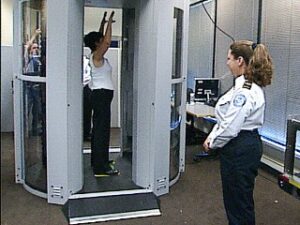Every once in a while, Continental Airlines will publish a fare that is just too good to pass up. A few weeks ago, they announced a weekend special to Quito, Ecuador, a city which usually carries a price tag of around $1,000 to fly to, was going for $299. Knowing that Jessica was not going to be able to take off work for the trip, I called a friend and we agreed to split a hotel room in the business center of Quito.

The city of Quito sits at 9,350 feet and is flanked by the active volcano, Pichincha. For travelers not used to the high altitudes, this makes walking around somewhat of a chore, in fact, for the first few hours in the city, my body was adjusting.
We arrived fairly late but clearing immigration was simple and the hotel had arranged a driver to pick us up.

The next morning we were on our feet bright and early and walking the city. Because it was a Sunday morning in a predominantly Catholic country, the streets were mostly deserted, giving us the run of the town. We ended up visiting all of the churches and most of the sights in Centro Histórico, the historic district of the city, which helped Quito become the first UNESCO World Heritage site.
Having more time than we thought, we arranged a driver to take us to the Pululahua volcano, thought to be one of the only active calderas with inhabitants. The view was breathtaking, even in the dry season with dust flying. The area is sustained completely on subsistence farming and now eco-tourism to the hot springs that are near the village. We also toured the equator, which even though has a real touristy feel, is extremely interesting.

We ended the day by attempting to take a ride on TeleferiQo, the aerial tramway that takes riders to around 13,400 feet on the side of Pichincha. Luck was not on our side however because we arrived at the ride area to find that it was closed for the day. That lead us to dinner where we enjoyed a good amount of Ecuadorian food and broken English conversation with our waitress.
Ecuador is a beautiful country and I highly recommend that everyone take a trip down there while they still can. The president, Rafael Correa is thought to be the Chavez of Ecuador, and this shows when coming back to the States, I was grilled for a good 30 minutes by the immigration officials on the reason for my visit.
Speaking Spanish is a plus, because as we found, not a lot of the locals speak English and those that do have a very limited understanding. Since both I and my friend have a little bit of a history with Spanish classes, we managed, but it would have been really difficult without the classes I took in high school.
So go. Find a cheap fare and enjoy the country of Ecuador. The weather is gorgeous all year round, with the wet season being what we would consider winter and spring.







